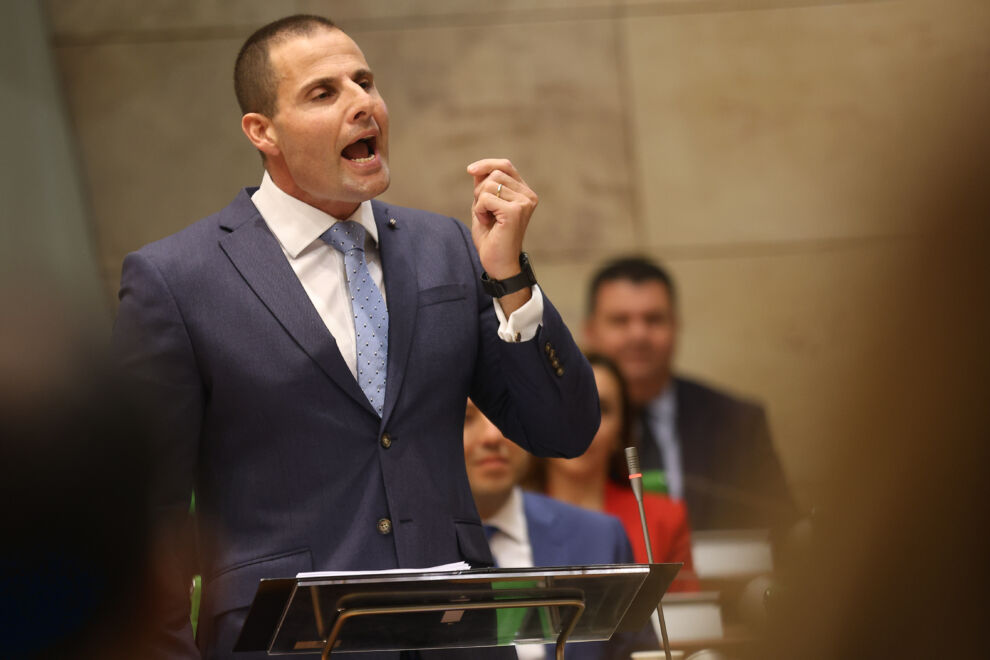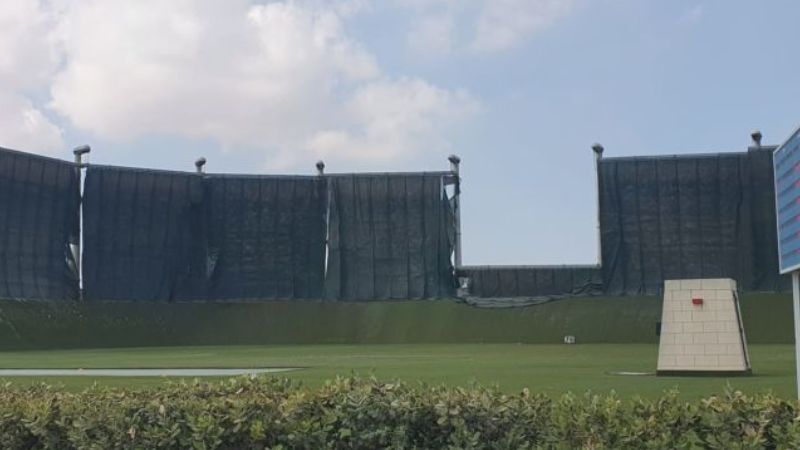The Maltese media landscape’s lack of publicly accessible data dominated the Centre for Media Pluralism and Media Freedom’s country-specific report on Malta, with the country’s media political independence and market plurality labelled as high risk in the report by the European University Institute published on Friday.
The report concluded that Malta must “urgently address a number of issues that have remained unresolved”, with “little or no progress registered in the past 12 months”.
The report placed Malta’s media landscape at an overall medium risk but noted that over half of the individual indicators making up the four main categories in review “point to high or very high-risk levels”.
This year’s assessment largely followed in the steps of last year’s report, highlighting concerns in three of the four areas reviewed, namely political independence, market plurality, and social inclusiveness.
Malta’s media political independence scored a high-risk 83%, a four percentage point increase over last year’s score, which itself was a seven per cent leap from the previous year, indicating a worsening of conditions, particularly in the sub-category pertaining to media coverage and elections, given the lack of guaranteed impartiality within the “state-controlled” public broadcaster’s coverage.
While Malta’s fundamental protection for the journalistic profession was perceived as low risk at 31% given Malta’s constitutional enshrinement of freedom of expression and the strengthening of the journalistic profession brought about by the publication of the Daphne Caruana Galizia public inquiry through the legitimisation of issues that journalists face, despite the draft media reform bill presented by the government in response being “far from adequate or acceptable”.
The report also noted issues with the government-appointed committee of media experts and freedom of information, particularly noting The Shift’s prolonged legal battle fending off SLAPP lawsuits in relation to 40 freedom of information requests.
Malta’s media market plurality is also perceived as being at high risk, with the report making particular emphasis on the intense media concentration, particularly within the broadcasting segment, with government-controlled or party media dominating the market through PBS, ONE, and NET.
Once again, the report highlights The Shift’s end-of-year revenue transparency as an outlying good practice in a media landscape otherwise rife with indirect and direct pressures through party, government or business funding.
The country report for the Media Pluralism Monitor was compiled and written in collaboration with academic Louiselle Vassallo from the Faculty of Media and Knowledge Sciences, and reviewed by a group of national experts in the field.
You can view the full report here.












